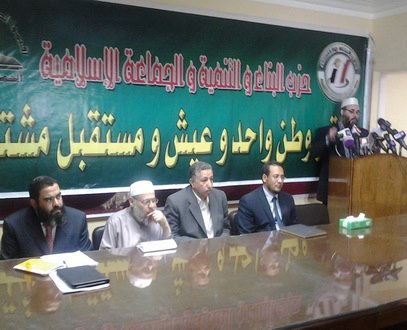SINGAPORE: Saudi Arabia, OPEC’s top oil exporter, will keep full contracted volumes of crude supply in November to six term buyers in Asia and at least two in Europe, steady with October levels and as expected by most traders, sources with refiners said on Monday.
The Saudi kingdom is the most influential member of the Organization of the Petroleum Exporting Countries (OPEC). Ministers over the weekend said the producer club was unlikely to change output quotas when it meets in Vienna on Thursday.
Though official policy is unchanged, members’ compliance with output targets slid to as low as half earlier this year from 80 percent in April 2009.
In the last two months, compliance has risen slightly and reached 57 percent in September.
Gulf producers led by Saudi Arabia have been the most disciplined in complying with agreed output cuts.
But a resurgence in Asian demand prompted Saudi Arabia to restore full contracted volumes to most buyers in the region since January, after record supply curbs from December 2008.
"They are maintaining the full allocation from the beginning of this year, and we assume they will continue if there is no change in price level or in the supply and demand picture," said a trader with a term client refiner of Saudi crude.
Refiners are preparing to increase production to meet rising heating fuel requirements over the northern hemisphere winter.
Global oil prices have stayed within the $70-$80 a barrel range favored by OPEC for most of this year despite record-high inventory levels in the United States, as demand from emerging Asian economies has soared, led by China.
The OPEC crude basket price, an average of the most representative grades pumped by member countries, is $75.38 so far this year, up from $61.06 for the full year of 2009.
The improving demand has also helped to lift price differentials of Middle East crude, after they slumped to their lowest in more than a year in August due to full volumes of crude supplies and sluggish demand due to port and refinery accidents in major buyer China and Taiwan.
But traders and analysts expect Gulf producers to struggle over the next year to recover Asian market share, as rivals from Russia to Latin America encroach on the top oil consuming region while demand growth elsewhere remains slow.
Saudi Arabia made no changes to the operational tolerance level in the supply allocations, the sources said, meaning buyers have the option of asking for cargoes to be loaded with up to 10 percent more or less crude than contracted volumes.
Earlier this month, Saudi Aramco, the kingdom’s state oil company, raised the price of Arab Light crude oil for loading in November for customers in Asia and the U.S.
Additional reporting by Joe Brock in London


